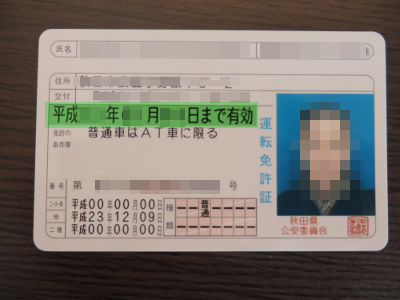Earlier today, I heard that an octogenarian family friend in the States was the target of a phone scam that is well-known in Japan, called the Ore Ore Sagi.
How the Ore Ore Sagi works
Ore Ore Sagi loosely translates to the “‘It’s me! It’s me!’ scam.” In the common, untargeted variant, the scammer calls elderly people and opens the conversation by saying, “It’s me! It’s me!” in order to induce the victim to guess a name. In the case of my family friend, he thought the voice sounded like mine, and ventured my name. The caller immediately responded, “Yes! It’s Travis.”
Once armed with the name, the scammer lures the victim into their confidence and barrages them with disinformation, so they don’t have time to realize how unrealistic the situation is. Usually, this information will contain some made up story to justify the unrecognized telephone number, address, or bank account number, and why the check should be made out to “cash.” In Japan, these scams almost always involve bank transfers, since that’s a common, convenient way to send money, but in the US, I’m not sure what the preferred payment method is. (This scam is so common in Japan, that I have seen specific warnings posted on ATMs across the country).
This scam can be especially effective against people with far-flung relatives or friends — especially international contacts. “I’m calling from overseas” can overcome suspicion at the lack of caller ID reference, justify the call quality and voice discrepancy, add urgency, and discourage the victim from taking the time (and trouble) to attempt to contact the person by other means. People are also less likely to be acquainted with the details of their more distant relatives’ lives, so they can be more easily fooled.
Fortunately, our family friend was not taken in.
Defense and Countermeasures
One way to defend against — and counterattack — the untargeted scam is to always suggest a false name first. Allow the scanner to continue as long as they want, but try to get their contact information, address, phone number, bank account number, etc. This information can be reported to the police to help them track down the thief.
Special Considerations for International Students
For international students, especially those with open social network profiles, a targeted version of this scam has recently emerged from China, as well. In the targeted variant, the scammer will build a complete dossier on an international student, based on openly available information then call that person’s family and friends with a desperate story to convince them to transfer money. In this case, the disinformation in the version above is replaced by actual, verifiable details of the students’ lives.
So far, I have only heard of this version targeting the families of Chinese students who use the social networking site QQ, but if the Ore Ore Sagi can migrate from Japan to America, than the targeted version can’t be far behind!
If you are an international family, please make sure your friends and relations know that you would never request money over the phone. I was lucky that my family friend was a particularly sharp octogenarian, but it is never a good idea to assume your susceptible friends and relations are as scam-savvy as you! Even if you’ve never heard of the Ore Ore Sagi, and don’t think it likely that you will be a victim, please do your family a favor and pass along this warning.
If you know of any further details on how this scam is conducted in America, or any other country, please add a comment below, to share your information with the rest of us.




No Responses